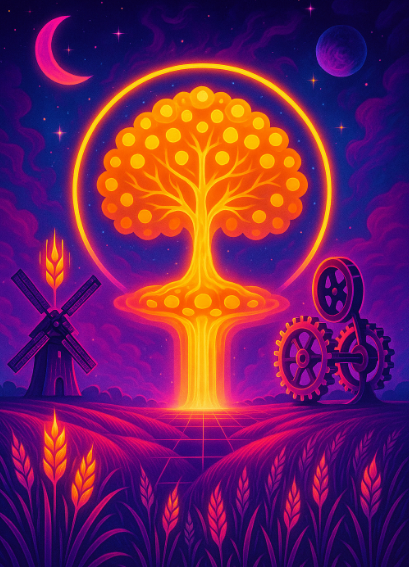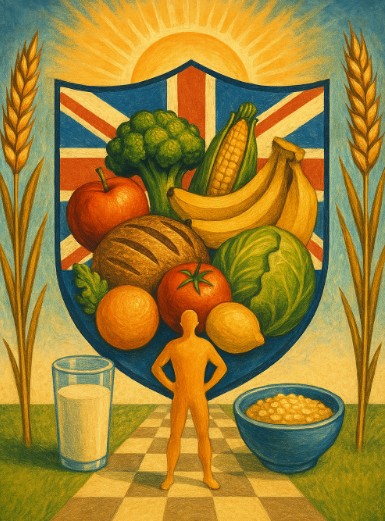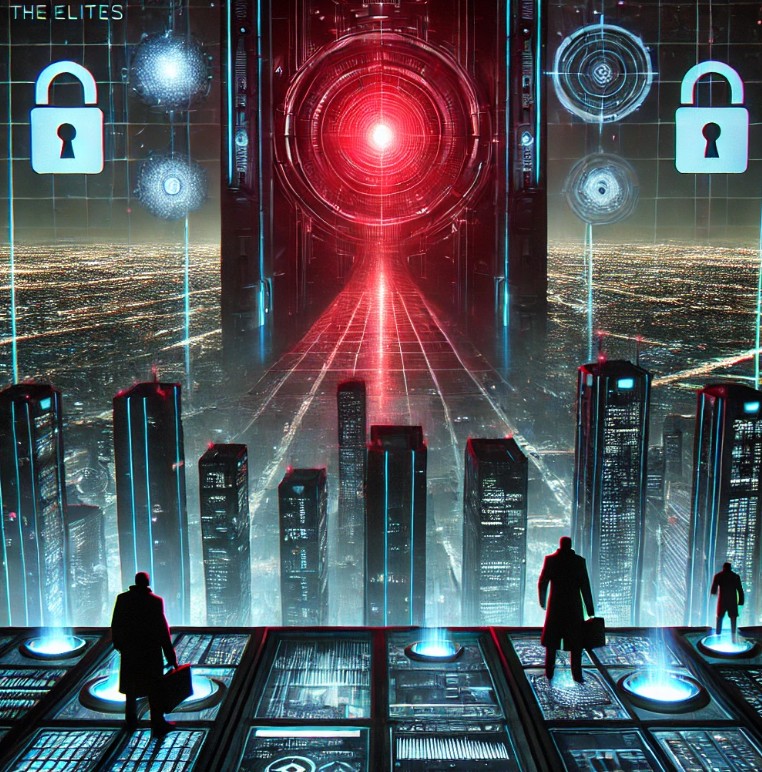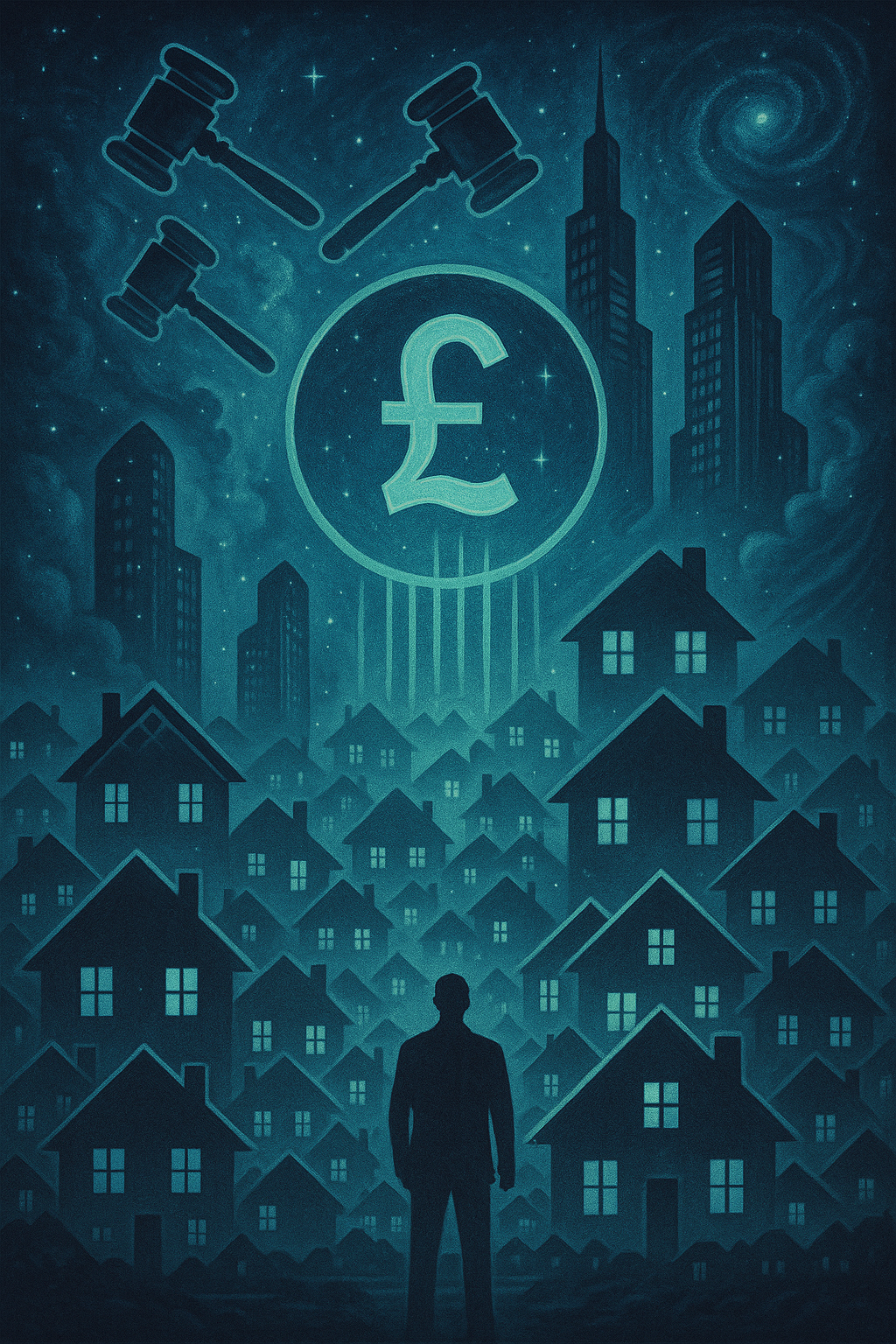Popular articles
"Know Thyself"—a phrase inscribed in the ancient Temple of Apollo at Delphi—has echoed through the corridors of time, whispered by philosophers, proclaimed by prophets, and etched into the human spirit as an eternal command. But this is not just a call to introspection; it is a divine directive, a pathway to truth, and a return to the natural order.
To know oneself is to align with what is right. It is to move in harmony with a greater truth, one that already exists within us, waiting to be uncovered. When we are true to ourselves, we are confident. Not the fleeting bravado of the ego, but a quiet, unshakable certainty that arises when we are honest about who we are. This confidence is not arrogance—it is clarity. It is the peace of walking in step with truth, unburdened by deception, free from the weight of pretense.
Self-Knowledge as a Divine Mandate
Religious traditions across the world hold self-knowledge in sacred regard. In Christianity, the Psalms declare: “Search me, O God, and know my heart; test me and know my anxious thoughts.” (Psalm 139:23). To be known by God is to be invited into knowing ourselves. In Islam, the Prophet Muhammad is attributed with the saying, “He who knows himself knows his Lord.” In Hinduism, the Upanishads urge seekers to look within, for the Atman (the self) is but a reflection of the divine.
Self-knowledge is not a pursuit of vanity but a recognition of the divine imprint upon the soul. It is to acknowledge that within us, there is a truth, and that truth is sacred. When we ignore this calling, we drift. We become uncertain, fearful, and insecure, not because the world is unknowable, but because we have become strangers to ourselves.
The Natural Order of Truth
Why does self-knowledge feel right? Because it is right. The human soul is designed for truth. When we deceive ourselves, when we deny who we are, we introduce disorder into the spirit. Lies—whether told to others or to ourselves—create instability. They corrode confidence. They separate us from the divine because the divine is truth, and truth cannot dwell in falsity.
Consider a river. It flows naturally in the direction it was meant to go. It does not hesitate, it does not second-guess. It moves with a purpose, unforced, yet powerful. To know oneself is to move like that river, to exist in harmony with what is already true. When we force ourselves into roles that do not suit us, when we deny what we know in our hearts, we introduce turbulence, and that turbulence manifests as anxiety, doubt, and hesitation.
The Cost of Self-Ignorance
To ignore the call to know oneself is to embrace uncertainty as a way of life. The world is filled with people who wander, not because they lack opportunity, but because they lack direction. They look outward for meaning, hoping to be told who they are, rather than searching within to find what was always there.
The scriptures warn of the dangers of self-deception. The Israelites in the wilderness lost sight of themselves and, in doing so, lost sight of God. Judas, in betraying Christ, first betrayed himself—his own soul torn between greed and guilt. Self-ignorance does not merely lead to confusion; it leads to destruction.
But self-knowledge? Self-knowledge is a light in the darkness.
The Confidence of the Self-Known
There is no greater armor than truth. When a person knows who they are, they are immovable. They are not swayed by the shifting opinions of others, nor do they shrink in the face of uncertainty.
Look at those who move with conviction—those who radiate certainty. They do not do so because they have rehearsed their lines or calculated their worth according to external measures. They do so because they know.
Self-knowledge is not a matter of constructing an identity but uncovering one. It is the recognition of what already is. And when we walk in that recognition, we walk with strength.
A Sacred Responsibility
Knowing thyself is not just an option; it is a responsibility. It is an act of faith, a submission to truth, a surrender to the divine order.
For to know oneself is to know one’s purpose. And to know one’s purpose is to live with clarity, confidence, and a heart unburdened by doubt.
Seek the truth within you, and you will find the divine.
Subscribe to unlock premium content
Sed at tellus, pharetra lacus, aenean risus non nisl ultricies commodo diam aliquet arcu enim eu leo porttitor habitasse adipiscing porttitor varius ultricies facilisis viverra lacus neque.
The Great Wealth Generation Act 1.0

The Great Democracy Restoration Act

UK Nutrition Act 1.0

The Great Wealth Generation Act 1.0

The Great Democracy Restoration Act

The Great Wealth Generation Act 1.0







